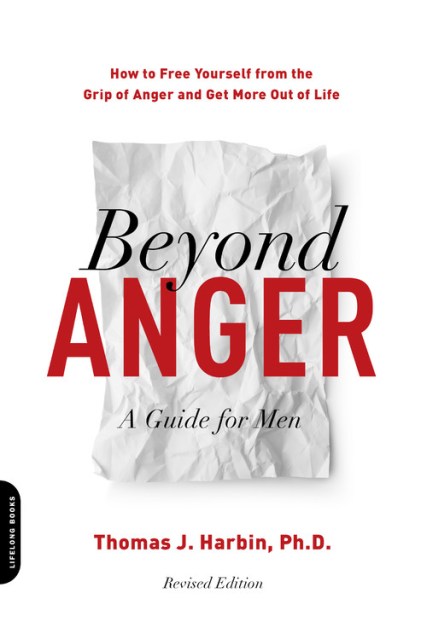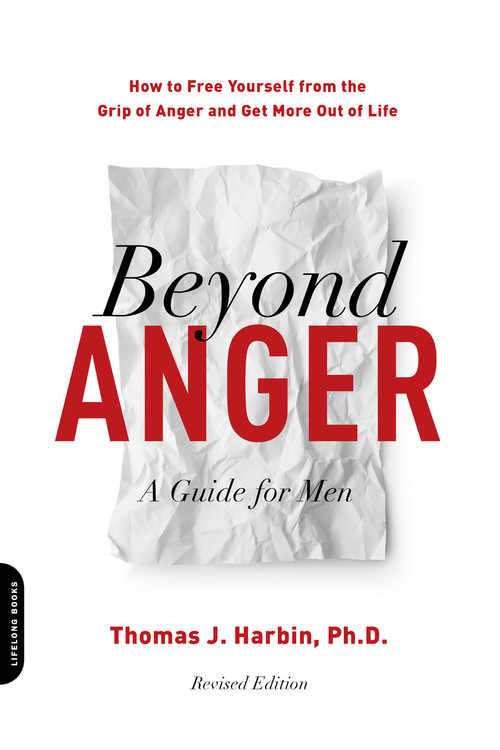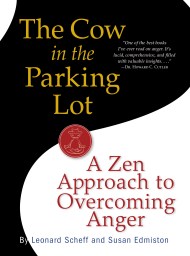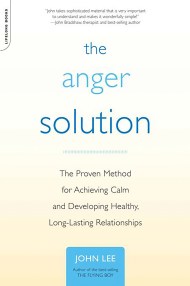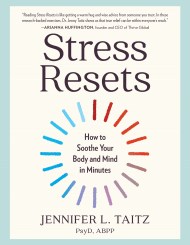Promotion
Use code MOM24 for 20% off site wide + free shipping over $45
Beyond Anger: A Guide for Men
How to Free Yourself from the Grip of Anger and Get More Out of Life
Contributors
Formats and Prices
Price
$19.99Price
$25.99 CADFormat
Format:
- Trade Paperback (Revised) $19.99 $25.99 CAD
- ebook (Revised) $10.99 $13.99 CAD
- Audiobook Download (Revised)
- Trade Paperback $19.99 $25.99 CAD
This item is a preorder. Your payment method will be charged immediately, and the product is expected to ship on or around July 31, 2018. This date is subject to change due to shipping delays beyond our control.
Also available from:
A revised and updated edition of the popular self-help book for men that addresses contemporary issues and how they impact the way men deal with anger
Men tend to express their anger differently than women do. Research shows men are often more violent and less willing to confront and deal with their emotions than women. Written by a psychologist who specializes in the treatment of male rage, Beyond Anger shows the angry–and miserable–man how to change his life and relationships for the better.
This book helps men understand their anger by explaining what the specific symptoms of chronic anger are and by showing angry men how their actions negatively affect family, friends, and coworkers. It helps men control violent feelings by using simple exercises–developed especially for men–to identify when and why anger occurs and by helping them form new habits to prevent anger before it starts. Women, too, will learn essential strategies for understanding and helping the angry men in their lives.
Beyond Anger is honest, tough, and real. In this revised edition, Harbin will update references throughout and discuss new topics such as the role of the internet and social media in fueling anger and how to protect yourself against these pitfalls, as well as a discussion on anger and aging, the political landscape and anger, PTSD, a brand-new section on preventing relapse into anger, and many other relevant, timely topics.
Men tend to express their anger differently than women do. Research shows men are often more violent and less willing to confront and deal with their emotions than women. Written by a psychologist who specializes in the treatment of male rage, Beyond Anger shows the angry–and miserable–man how to change his life and relationships for the better.
This book helps men understand their anger by explaining what the specific symptoms of chronic anger are and by showing angry men how their actions negatively affect family, friends, and coworkers. It helps men control violent feelings by using simple exercises–developed especially for men–to identify when and why anger occurs and by helping them form new habits to prevent anger before it starts. Women, too, will learn essential strategies for understanding and helping the angry men in their lives.
Beyond Anger is honest, tough, and real. In this revised edition, Harbin will update references throughout and discuss new topics such as the role of the internet and social media in fueling anger and how to protect yourself against these pitfalls, as well as a discussion on anger and aging, the political landscape and anger, PTSD, a brand-new section on preventing relapse into anger, and many other relevant, timely topics.
Genre:
- On Sale
- Jul 31, 2018
- Page Count
- 304 pages
- Publisher
- Da Capo Lifelong Books
- ISBN-13
- 9780738234809
Newsletter Signup
By clicking ‘Sign Up,’ I acknowledge that I have read and agree to Hachette Book Group’s Privacy Policy and Terms of Use
